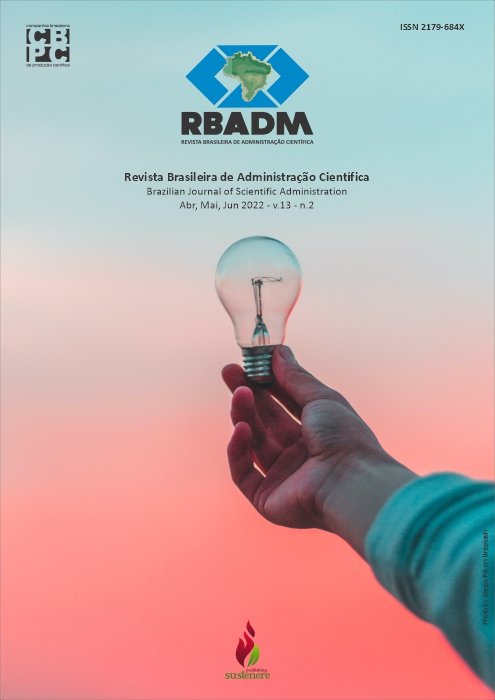Dropout in engineering: a study from the view of academics of an IFES
DOI:
https://doi.org/10.6008/CBPC2179-684X.2022.002.0021Keywords:
Dropout, Higher education, Student stay policies, Engineering coursesAbstract
This work aims to conduct a survey about the main factors that contributed to the decision to abandon the undergraduate course in four engineering courses at the Federal University of Technology - Paraná (UTFPR) Campus Campo Mourão. For this, the research was structured from a qualitative approach, being elaborated in the form of a descriptive research and based on a case study. Data collection took place from institutional documents and the application of online questionnaires to students who had dropped out of the analyzed courses. With the information collected from the research subjects it was possible to identify the main factors that were most relevant to the decision to evade these students. As results, it was observed that factors related to the individual characteristics of the student, especially the discovery of new professional interests, disenchantment and demotivation with the course and early choice of the profession, as well as factors related to financial difficulties, lack of job opportunities and difficulty in reconciling work with studies, in addition to factors related to the curriculum and management of courses are very relevant factors in the decision to evade the students participating in the research, evidencing the importance of a more active participation of higher education institutions in the monitoring, control and prevention of dropout.
Downloads
Downloads
Published
Issue
Section
License
Copyright (c) 2023 Brazilian Journal of Scientific Administration

This work is licensed under a Creative Commons Attribution-NonCommercial-NoDerivatives 4.0 International License.
The CBPC - Companhia Brasileira de Produção Científica (Brazil CNPJ: 11.221.422/0001-03) the material rights of the published works. The rights relate to the publication of the work anywhere in the world, including rights to renewals, expansions and dissemination of the contribution, as well as other subsidiary rights. All electronically published works may subsequently be published in printed collections under the coordination of this company and / or its partners. The authors preserve the copyright, but are not allowed to publish the contribution in another medium, printed or digital, in Portuguese or in translation.









